Keep up to date on current trends and technologies
Entrepreneur - Startups
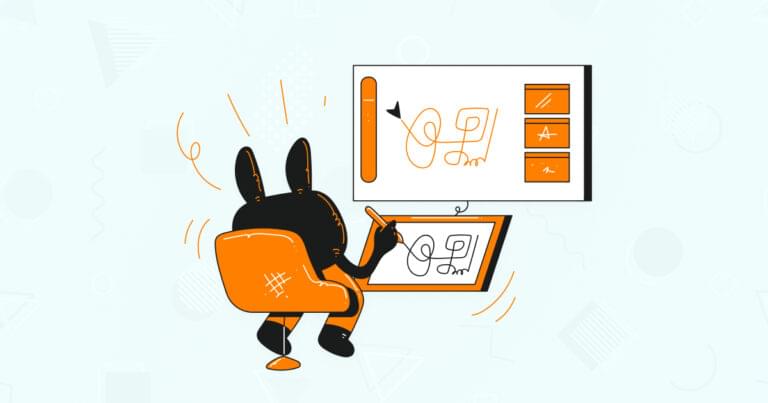
Webflow Review: Is It a Serious Option for Developers?
Alex Walker

A Step-by-Step Guide to Generating & Validating SaaS Ideas
Joel Falconer

The Best Website Builder Tools & Platforms for Your Idea
Craig Buckler
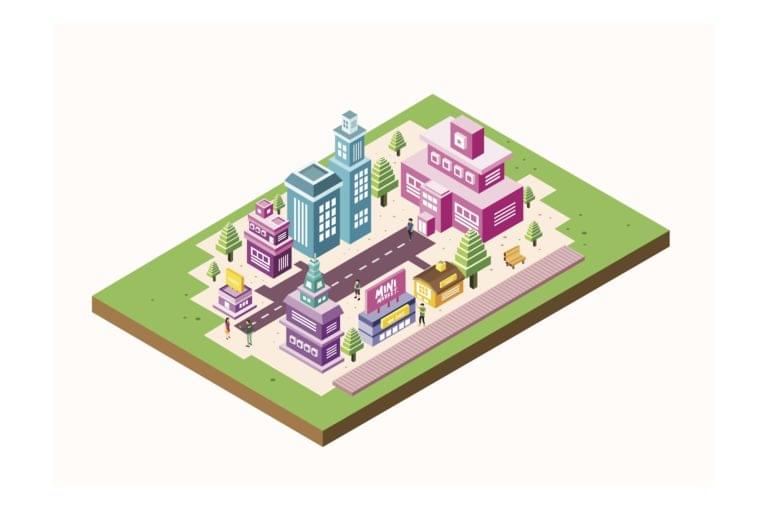
The Rise of the No-Code Movement
Kate Kendall

Tech Recruiting, Finding Niches & Starting Your Own Business
Angela Phung

How to Find a Niche in the WordPress Ecosystem
Adrian Try
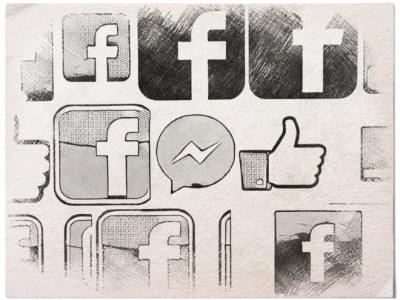
Podcast: Behind the Facebook Logo – A $100 Million Story
Alex Walker
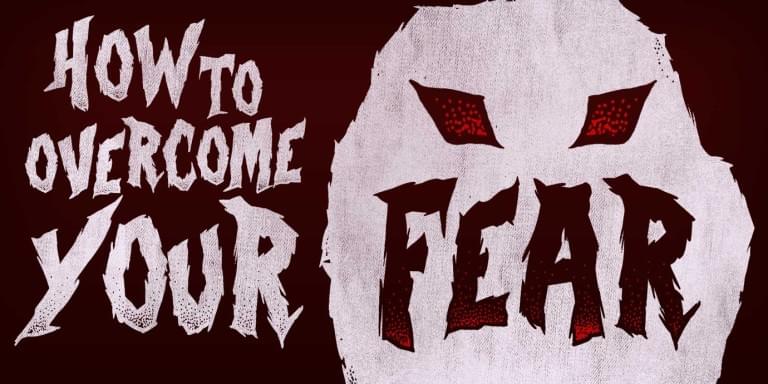
How to Overcome All Your Fears Without Being Brave
Jason Lengstorf
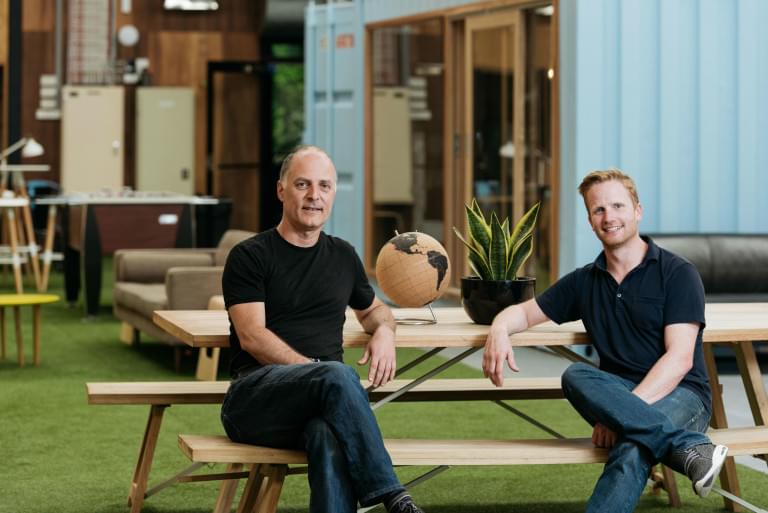
Elastic and On Demand – Why Influx Is the Solution for Customer Support
Aleczander Gamboa

We Quit Facebook and Google to Build a Children’s Book Startup
Eric Bahn

How I Made $2,000 in 1.5 Months Starting with a Google Form-Based MVP
John Wheeler

I’m a Designer: How Do I Deal with a Cease and Desist Letter?
Adam Hatch

Here’s How to Uncover Your Next Great Business Idea
Paul Maplesden

8 Things You Shouldn’t Do at Your Investor Meeting
Charles Costa
How First-Time Founders Can Develop Sales Skills
Aja Frost
How Much Money Do You Need to Start Your Entrepreneurial Journey?
Akshay Sachdeva
A Guide to Bootstrapping Your SaaS Startup to Profitability
Dave Schneider
How I Launched My eCommerce Store in Less than 30 Minutes
Tomas Šlimas
What Entrepreneurs Can Learn from Blizzard Entertainment
Joel Falconer
The Startup’s Guide to Podcast Advertising
Aja Frost
How to Build a Startup Advisory Board
Aja Frost
7 New Ways to Test Your Minimum Viable Product
Aja Frost
Showing 22 of 22